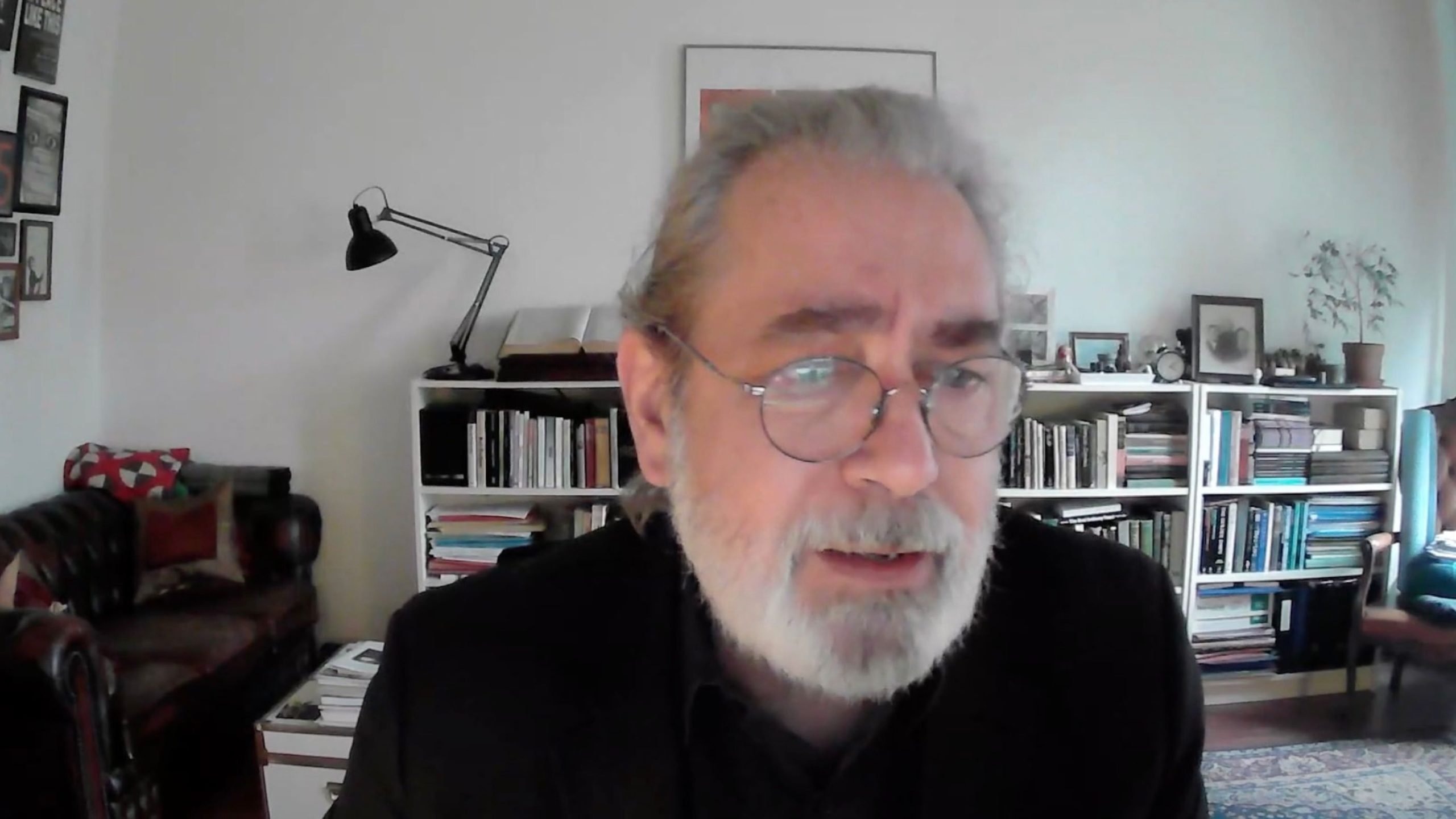A German court has found CJ Hopkins, an American writer living in that country, guilty of hate speech, which is treated as an unconstitutional activity. This overturned a previous acquittal by the Tiergarten District Court.
“Hate speech” in the case amounts to Hopkins using Nazi imagery to express his protest about Germany’s Covid-era policies, including what he called “New Normal Germany” – a satirical take on how that compares to Nazi Germany.
The imagery that caught the authorities’ attention was posted on X, including an illustration showing a white face mask with a white swastika superimposed on it.

Even though a lower court in January found this did not represent “hate speech,” on the last day of September, the Berlin Appellate Court disagreed. In a blog post, Hopkins, who has been residing in Germany since 2004, says that “the New Normal German authorities (…) were determined to punish me.”
To highlight the absurdity of the situation, Hopkins told the Foundation for Individual Rights and Expression (FIRE) that the second trial went with anti-terrorism measures in the courtroom. This meant a small number of people were allowed to attend, behind a glass panel, while journalists could not bring in laptops or even notebooks and pens.
Now, the case is back at the Tiergarten Court which is supposed to sentence him – the author is looking at up to three years in prison. And while the Berlin court’s decision itself can’t be appealed, Hopkins told FIRE he would go to the highest legal instance in Germany – the Federal Constitutional Court (ostensibly after the district court rules again).
The case has already been ongoing for several years, and that move would mean more time and money wasted because Hopkins, whose writing genre is said to be specifically satire, had posted satirical images on the internet.
To make matters look even worse (for Germany’s authorities), Hopkins notes in his blog post that a mere few months ago, major magazines Stern and Spiegel had swastikas as part of illustrations on their covers – but this was a way to discredit (“warn against”) the rising popularity of the opposition AdF party.
That, it seems, is an acceptable form of expression in today’s Germany, as there is no word that either magazine is about to be dragged through the courts for their covers.










